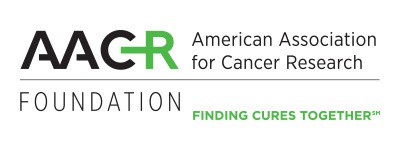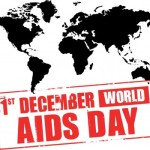Charlie Sheen is HIV Positive
There have been several reports in the past few days that an “A-List” celebrity has hid that he has been HIV positive for several years. That celebrity turns out to be Charlie Sheen.
According to Radar Online:
After an exhaustive 18-month investigation, the ENQUIRER reveals the sex-crazed 50-year-old actor, who has a long history of sleeping with porn stars, strippers and groupies of both sexes, is now desperate to cover up his medical crisis, and it’s costing him millions.”
Now an announcement from Charlie’s reps say that Charlie will make a “revealing personal announcement” on Today, on Tuesday, November 17, in an exclusive sit-down interview with Matt Lauer.
A close friend of the star told the National Enquirer: “Charlie thought he was indestructible and took no precautions — even though he was indulging in high-risk sex practices,” His ex-wife Brooke Mueller is concerned that she may have been exposed to the virus, as have many other of his sexual contacts.
It is also reported that Sheen is currently on medications.
More details to follow after the much awaited interview….
What are HIV and AIDS?
HIV, or human immunodeficiency virus, is the virus that causes AIDS. HIV attacks the immune system by destroying CD4 positive (CD4+) T cells, a type of white blood cell that is vital to fighting off infection. The destruction of these cells leaves people infected with HIV vulnerable to other infections, diseases and other complications.
AIDS is the final stage of HIV infection. A person infected with HIV is diagnosed with AIDS when he or she has one or more opportunistic infections, such as pneumonia or tuberculosis, and has a dangerously low number of CD4+ T cells (less than 200 cells per cubic millimeter of blood).
How HIV Causes AIDS
HIV destroys CD4 positive (CD4+) T cells, which are white blood cells crucial to maintaining the function of the human immune system. As HIV attacks these cells, the person infected with the virus is less equipped to fight off infection and disease, ultimately resulting in the development of AIDS.
Most people who are infected with HIV can carry the virus for years before developing any serious symptoms. But over time, HIV levels increase in the blood while the number of CD4+ T cells decline. Antiretroviral medicines can help reduce the amount of virus in the body, preserve CD4+ T cells and dramatically slow the destruction of the immune system.
People who are not infected with HIV and generally are in good health have roughly 800 to 1,200 CD4+ T cells per cubic millimeter (mm3) of blood. Some people who have been diagnosed with AIDS have fewer than 50 CD4+ T cells in their entire body.
Quick Facts About HIV Transmission
- HIV cannot survive for very long outside of the body
- HIV cannot be transmitted through routine daily activities such as using a toilet seat, sharing food utensils or drinking glasses, shaking hands, or through kissing.
- The virus can only be transmitted from person to person, not through animals or insect bites
- People infected with HIV who are taking antiretroviral therapy can still infect others through unprotected sex and needle-sharing
HIV Risk Factors
HIV is found in the blood, semen, or vaginal fluid of someone who is infected with the virus. You may be at increased risk of becoming infected with HIV if you
- Engage in anal, vaginal, or oral sex with men who have sex with men, multiple partners, or anonymous partners without using a condom
- Inject drugs or steroids where needles/syringes are shared
- Have a sexually transmitted infection, such as syphilis, genital herpes, chlamydia, gonorrhea, bacterial vaginosis, or trichomoniasis
- Have been diagnosed with hepatitis, tuberculosis, or malaria
- Exchange sex for drugs or money
- Are exposed to the virus as a fetus or infant before or during birth or through breastfeeding from a mother infected with HIV
- Received a blood transfusion or clotting factor in the United States anytime from 1978 to 1985
- Engage in unprotected sex with someone who has any of the risk factors listed above
Source: NIAID\
Pictures from AIDS.gov



























0 comments